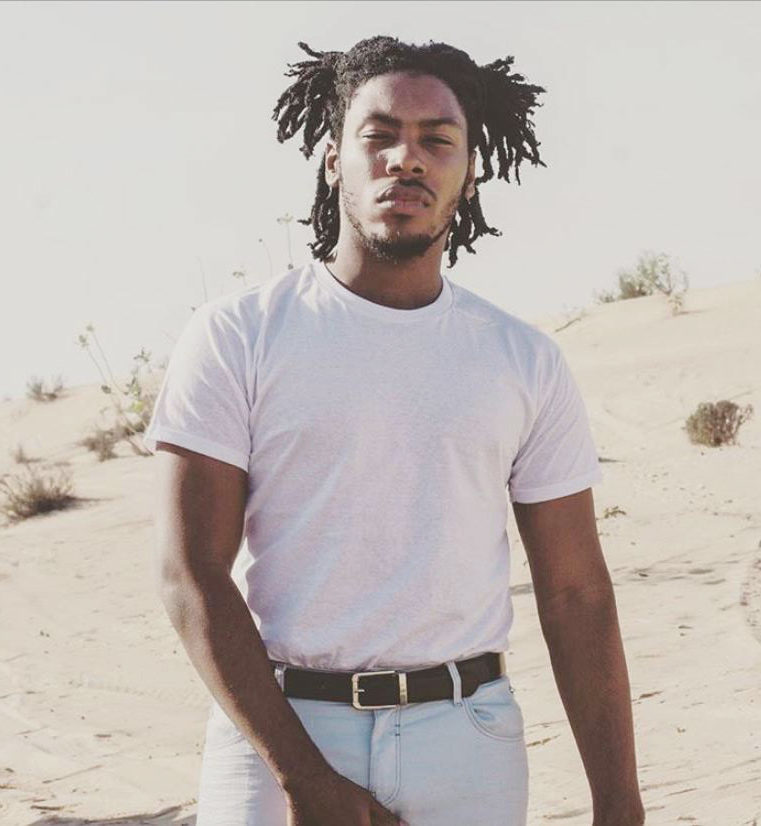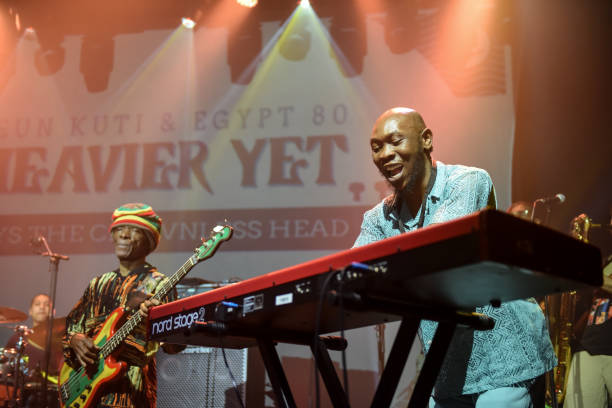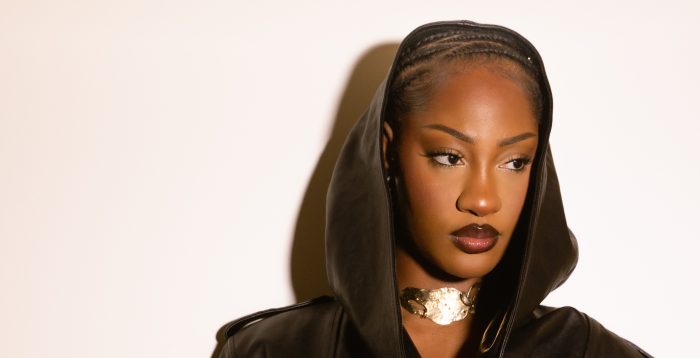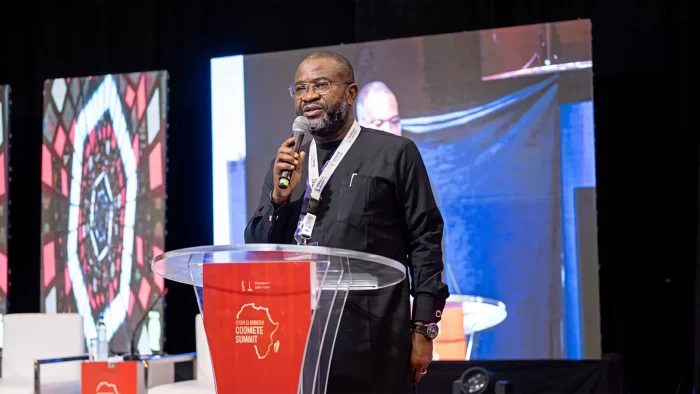The sound and definition of Nigerian pop music has changed massively since it became a notable component of worldwide mainstream music, spearheaded by the likes of Fela Kuti and King Sunny Ade through the late 80s and 90s.
Frontrunners Wizkid and Davido are not pioneers but are arguably the best at it. Their singles receive massive airplay and their shows consistently sell out across the globe in Africa.
A lot of artists looking to imbibe a strong Afrobeats sound often come to Wizkid and he is always ready to collaborate. Since his first studio album in 2010, he has made 93 guest appearances on other artists’ songs. To put his demand in context, Canadian artist Drake – the bestselling record artist of 2016 – whose debut studio album also dropped in 2010, has made 103 guest appearances within the same period. While Davido, the king of radio and club bangers, has clocked 54 and 38 million YouTube views with two of his last three singles. To an unaccustomed ear, it could sound awfully vain, even borderline banal, but with the political, economic, social and all-around strife pervading the entire country, our music is very often the only escape, a lighthouse in the shoreless ocean of Nigerian palaver.
[ad]
Artistic piracy is an everlasting wave in this ocean; a Nigerian artist depending on royalties from album sales may die a pauper. Songs are very often just produced and released for free. Like the sturdiest flames on a cold night on the water, we gather around the artists that give us the most joy and hope. Soon enough, these artists grow a cult following of loyal listeners who share their music with friends on every social network, purchase concert tickets in every city of the country and invite their idols to every continent of the world to perform. This is the timeline for Nigerian pop success.
With the local penetration of music-sharing platforms with a global reach like SoundCloud, iTunes, and Spotify, young Nigerian artists are better positioned than ever to shake up the globe. Abuja-based artists and siblings Suté, a deep-voiced introspective rapper, and Tay, a more soft-spoken but equally introspective singer, gained a nationwide audience and acclaim via SoundCloud in early 2014. 2017 was the year of Nonso Amadi and OzzyB who garnered hundreds of thousands of plays worldwide over these multiple platforms.

The global exposure of such young artists would be a more accurate measure of the quality of Nigerian pop, not because its globalisation is considered a validation of the genre – the validation occurs when the music organically develops a following on the Nigerian streets – rather the globalisation of Nigerian pop would be an extension of the flame of joy and hope as Nigerians know it, a testament of our ability to endure and a gift to those desperate to endure through their own adversity.
The new year has brought new music. Lady Donli, the princess of Nigerian pop has new offerings on her latest album Letters to Her. More music is expected from Efe Oraka on her forthcoming EP, Magic and, of course, the never-heard-ofs that will definitely, as always, be discovered through the year.

The success of these artists in penetrating international borders will be a major victory for a people often marginalised across international borders for always being takers and never givers because the crossover of culture has always aided the crossover of people. And nothing aids the crossover of culture more than the crossover of art. For black cultures, the crossover has occurred mostly via music. The musical styles, slangs, and dressings of genres such as jazz, reggae, dancehall and hip-hop have expanded the influence of black cultures over different periods. With Wizkid and Davido leading a talented contingent of fast-rising Nigerian musicians, Nigerian pop appears next in line to shake up the globe.
[ad unit=2]








